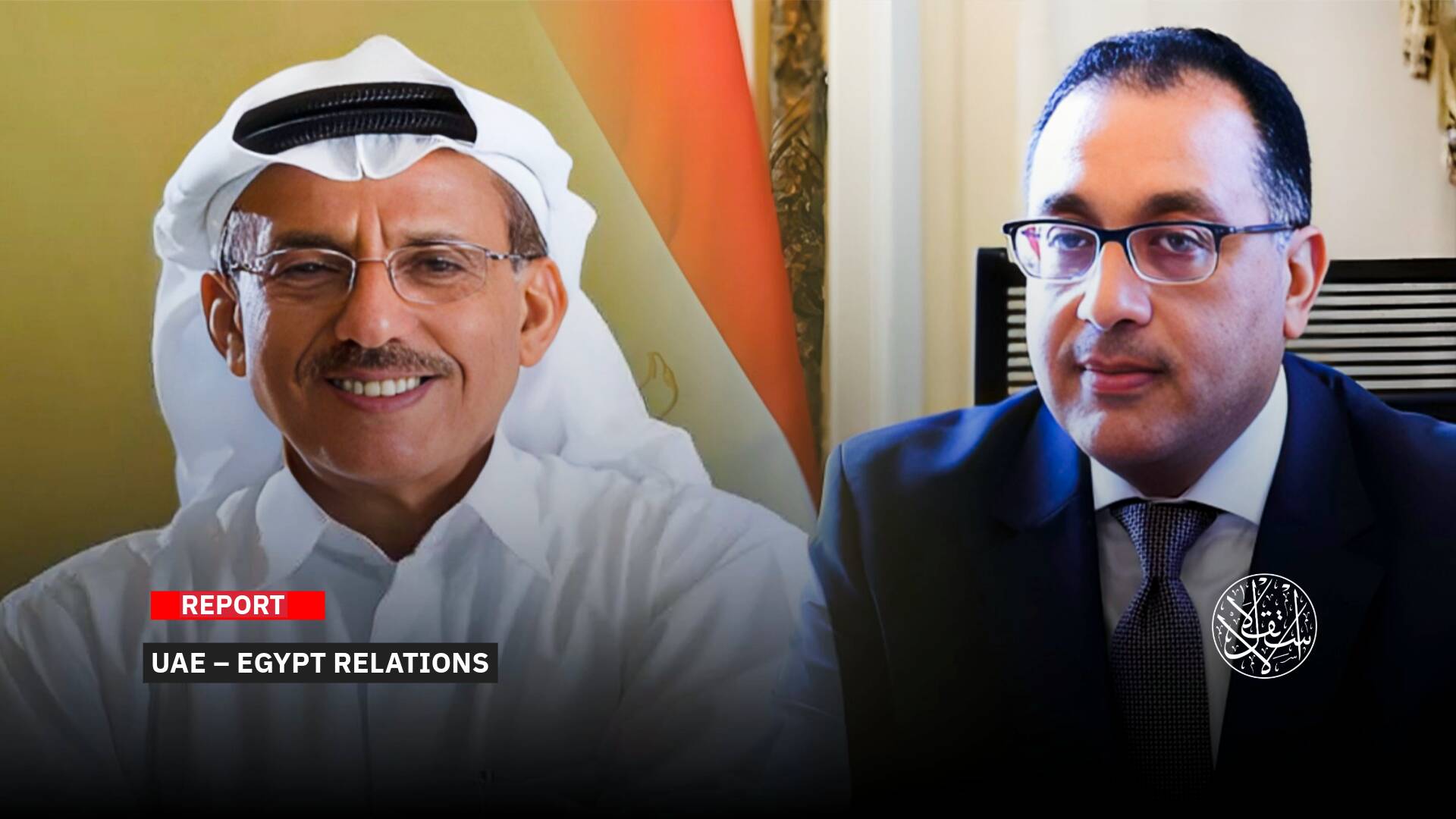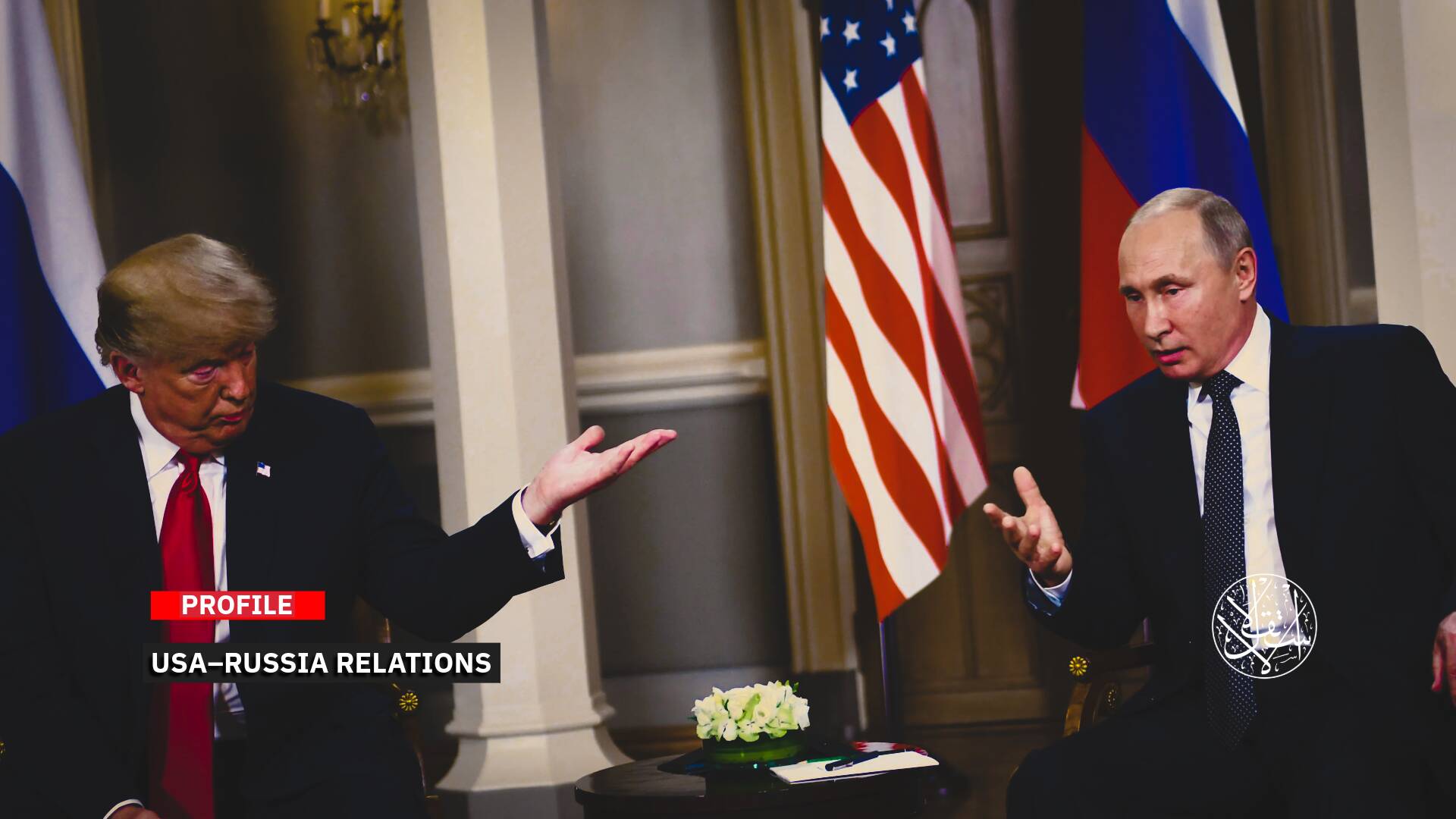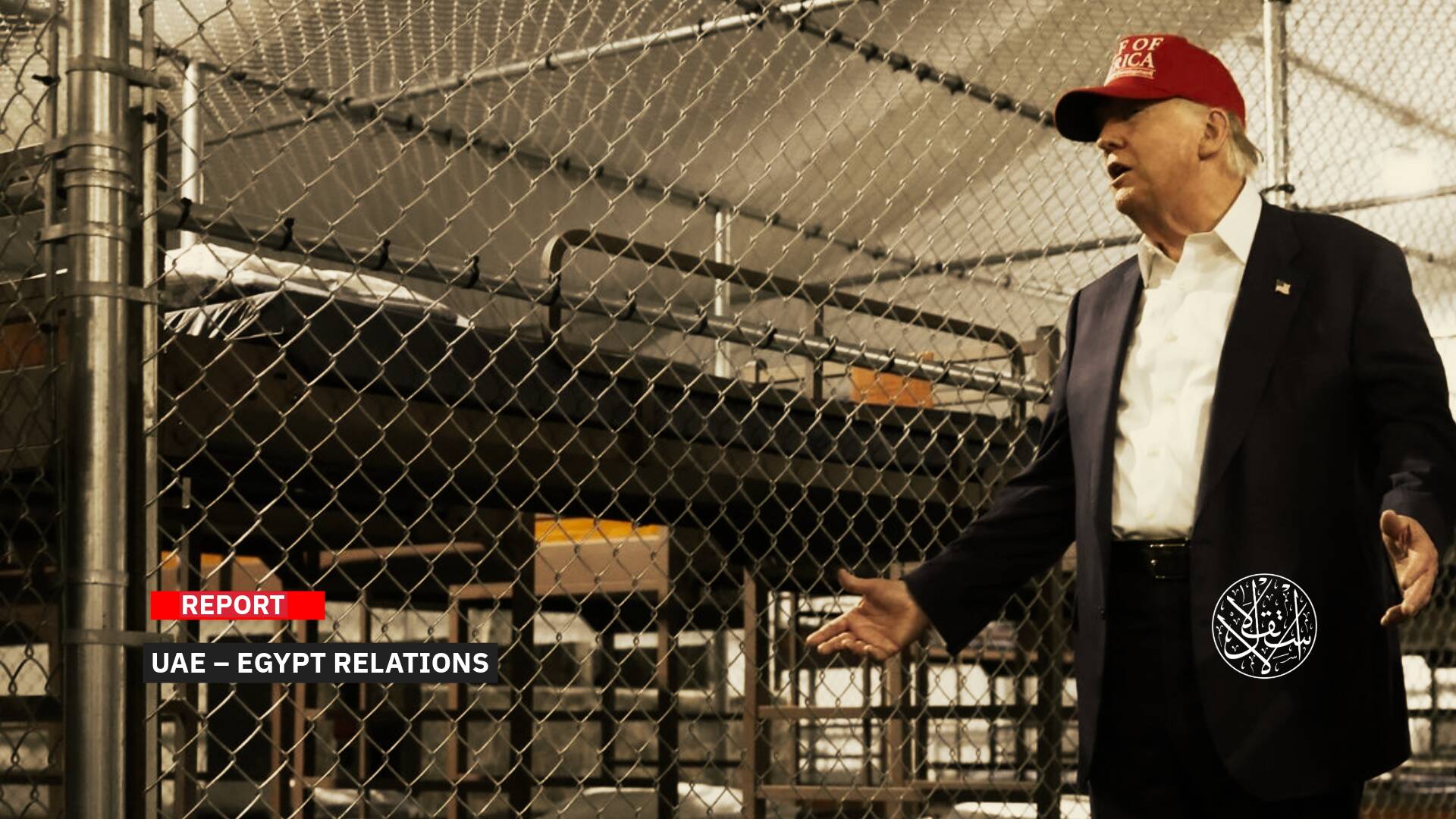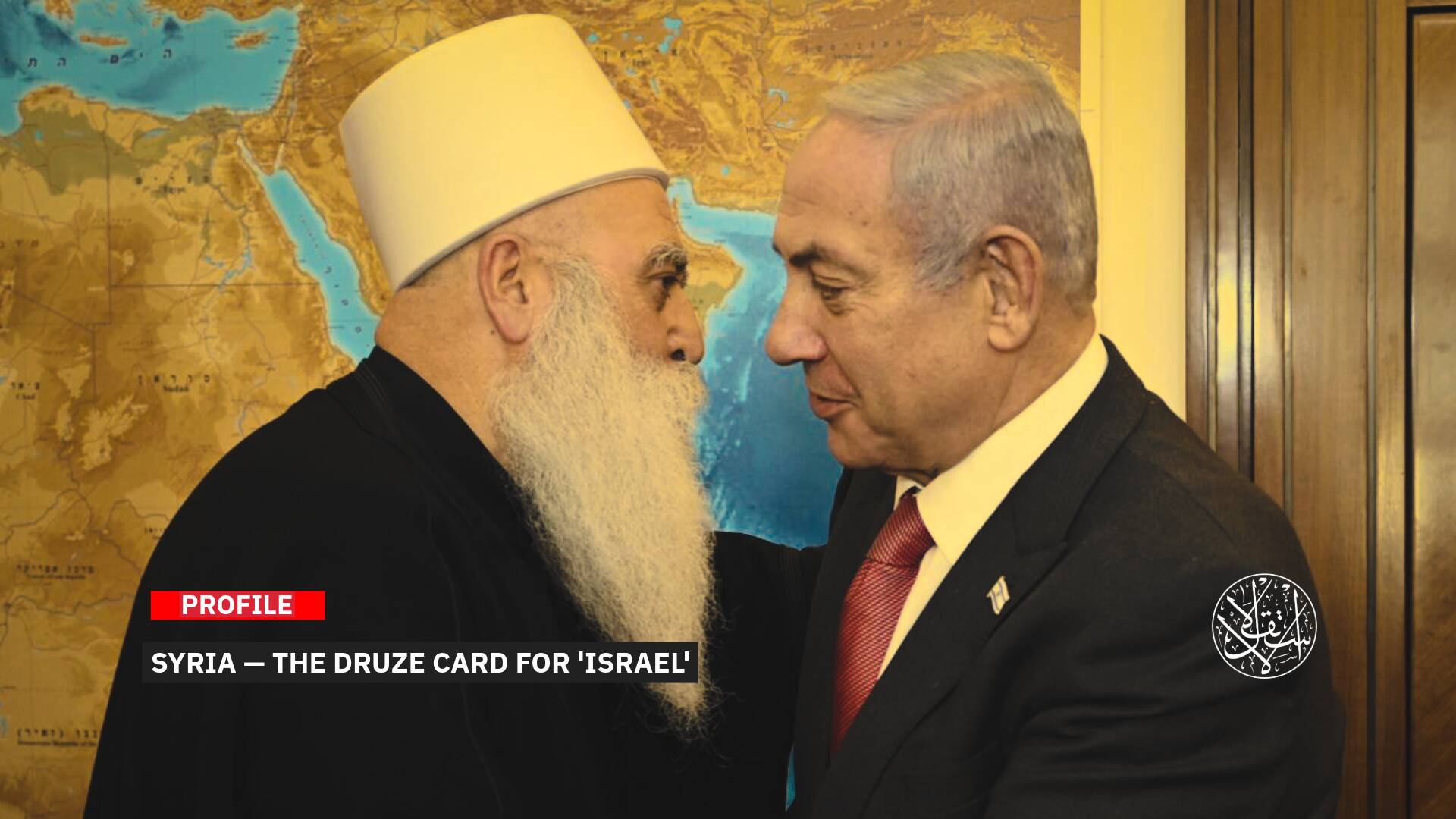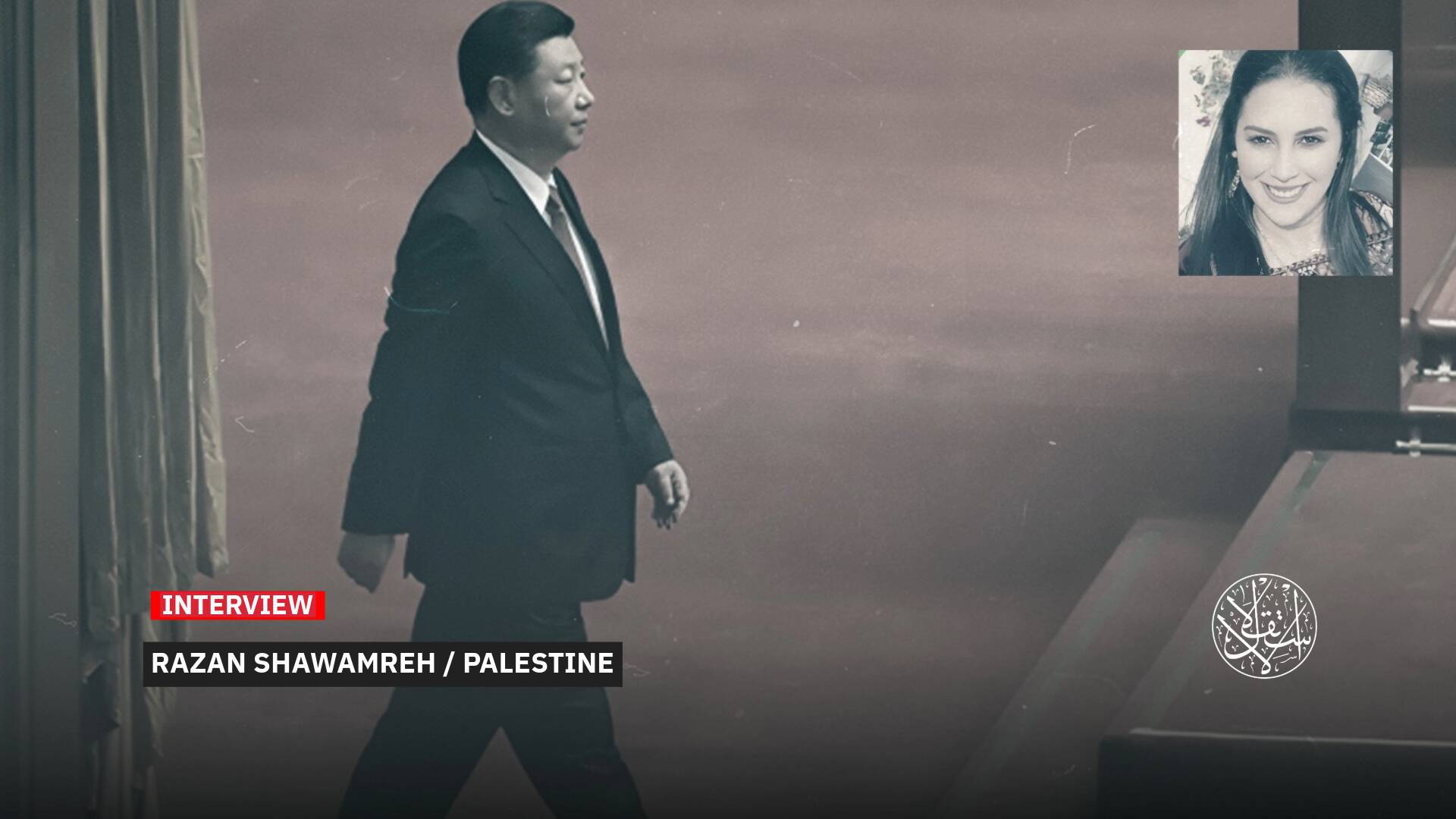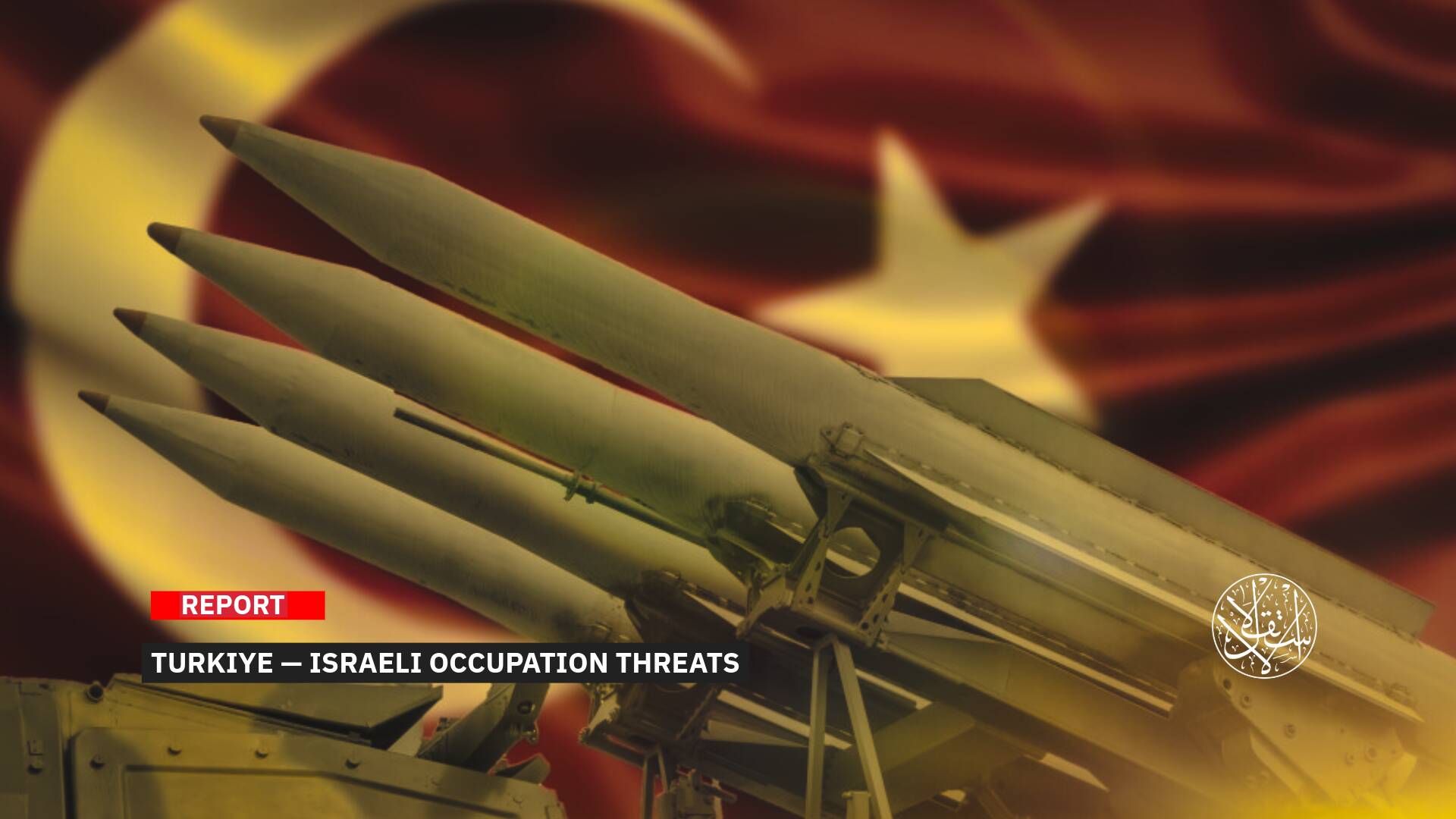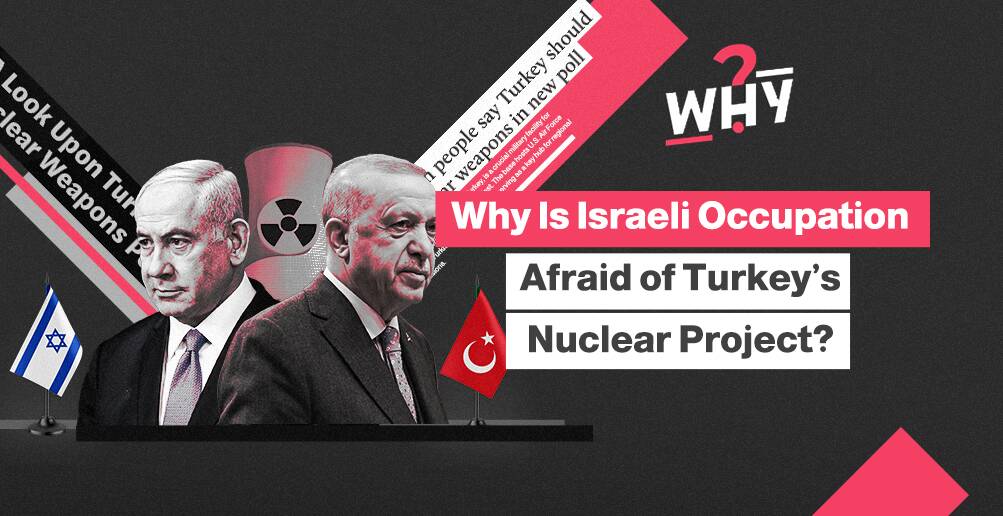How Does the Arms Race Between Morocco and Algeria Affect the Maghreb Union Dream?

The tense relations between Morocco and Algeria impede the economic and political cooperation between the two countries. The arms race between the two countries further deepens the gap and leads to wasting real development opportunities for all the peoples of the Maghreb region.
The Mena Defense website, which specializes in military affairs, revealed that the Algerian Air Force intends to acquire a new squadron of advanced drones from China, following the Moroccan Air Force's acquisition of a number of Turkish and Israeli drones.
The website specialized in military and security deals indicated that Algeria had requested the acquisition of a number of CH-5 Rainbow combat drones, owned by the Chinese AVIC company, in addition to its request for WingLoong 2 drones; it is expected to receive its orders in March 2022.
The Algerian move came as a response to the Kingdom's openness to new arms manufacturers in Turkey and China in order to obtain drones, Algeria is acquiring a squadron of drones, after showing their combat effectiveness in a number of wars and field exercises.
The arms race along with the other forms of political and economic strain relations between Morocco and Algeria are making both countries lose up to 5% rise in GDP according to the report of the World Bank on economic integration in the Maghreb.
The report estimated that: “Deeper integration, including the liberalizing of services and reform of investment rules, would have increased the per capita real GDP between 2005 and 2015 by 34% for Algeria, 27% for Morocco and 24% for Tunisia.”
Arms Race
In 2021, Relations between Morocco and Algeria have dramatically deteriorated. In an interview with Al-Estiklal the Professor at the International University of Mundiapolis Aboulaarab Abdenabi explained: “Recently, Morocco has been subjected from its Algerian neighbor to escalations of all levels. First, the diplomatic escalation by severing diplomatic relations and closing civilian and military airspace.”
He added, “Second, Economic intransigence by stopping the Maghreb-European gas pipeline, which created very bad reactions in the European Union. Third, a humanitarian war that cut off all human relations between the two countries. Algeria even refused to appoint a Moroccan referee for a football match.”
The Algerian presidency also accused Morocco of killing three of its citizens in a bombing "with advanced weapons," which took place in a minefield at a restricted area in the borders between Mauritania and the Moroccan Sahara and vowed that the matter "will not pass without punishment."
The tense political and economic relations fuels fears of an upcoming war and pushes both countries to spend Billions on arms.
The strategic thinking research center issued a report in 2021 emphasizing that it is unlikely for the countries to slip into an open military confrontation due to the balance of terror. Morocco and Algeria are the first buyers of weapons on the African continent. The budgets of the Ministry of Defense in Morocco and Algeria allocated for the year 2022 have both increased, the competition to purchase equipment together with the race to win the largest and most important arms deals in the region are tightening.
The report added that the budget of the Moroccan military arsenal for the year 2022 will increase by more than 4 billion and 604 million dirhams, compared to the year 2021, which amounted to 110 billion dirhams. While the Algerian government allocated 9.7 billion dollars as a defense budget for 2022, compared to 9 billion dollars for 2021.
Worst Collaboration
Wadia Ait Hamza the Head of the Global Shapers Community at World Economic Forum expressed: “The Maghreb Union is one of the world's worst-performing trading blocs. In today's world, it is increasingly difficult for non-integrated countries to be either economically or politically viable. It is simply not sustainable for countries to be isolated in their own bubble.”
The Maghreb, in Northern Africa, is the perfect example of a region whose 5 countries—Algeria, Libya, Mauritania, Morocco, and Tunisia—have been unable to cooperate. The Maghreb Arab Union was created more than 25 years ago with the goal of building a powerful economic collaboration in the region.
The United Nations Economic Commission for Africa stressed that: “The region's potential is enormous, especially if its countries can work together. However, trade between the Maghreb countries represents just 4.8% of their trade volume”
The World Bank said that trade exchanges between the Maghreb countries represent less than 2% of the sub-regions’ combined gross domestic product (GDP).
Removing borders between the countries of the Maghreb Union will eventually lead to the achievement of integration between its countries in almost all fields.
Continuing with the current policies, especially the economic policies, deprive the Maghreb countries of natural growth estimated according to the World Bank for Reconstruction and Development at about 1.5 percent annually.
The King of Morocco, Mohammed VI, asked the Algerian President to activate the Maghreb Union agreement, albeit at a minimum level, given that the Algerian government is the first responsible for its ineffectiveness.
Lost Opportunities
Politicians confirmed that the failure of the establishment of an actual Maghreb union was due to political reasons, which undermined all initiatives aimed at reviving the union.
Former Tunisian President Moncef Marzouki considered that talking about the issue of the Maghreb Union was disappointing, given that "it reminds us every time of the great opportunities that the region misses in the absence of a union."
There is tremendous progress in all regions of the world in the direction of integration and union, except in the Maghreb, which remains perhaps the only region where political and economic integration is absent.
For instance, the integrated regions such as Europe, the Gulf Countries or the Economic Community of the West African States, all of which can be considered to some extent as successful cases of regional integration.

Marzouki stressed that as soon as he assumed the presidency in December 2011, he began thinking about ways to revive the Arab Maghreb Union. He contacted the countries of the region, calling for the revival of this Maghreb Union created and ineffective since 1994, suggesting to organize a meeting of the leaders of those countries in order to study ways to actually re-launch that union again. “All countries appreciated the idea except for the Algerian leadership,” he stated.
Sources
- Economic Integration in the Maghreb
- Algeria is chasing after suicide bombers to confront Moroccan drones in the desert [Arabic]
- The Arab Maghreb Union between the wishes of the past and the aspirations of the future [Arabic]
- Studying the possibility of economic integration among the countries of the Arab Maghreb Union [Arabic]
- Will attempts to revive the Arab Maghreb Union succeed? [Arabic]




